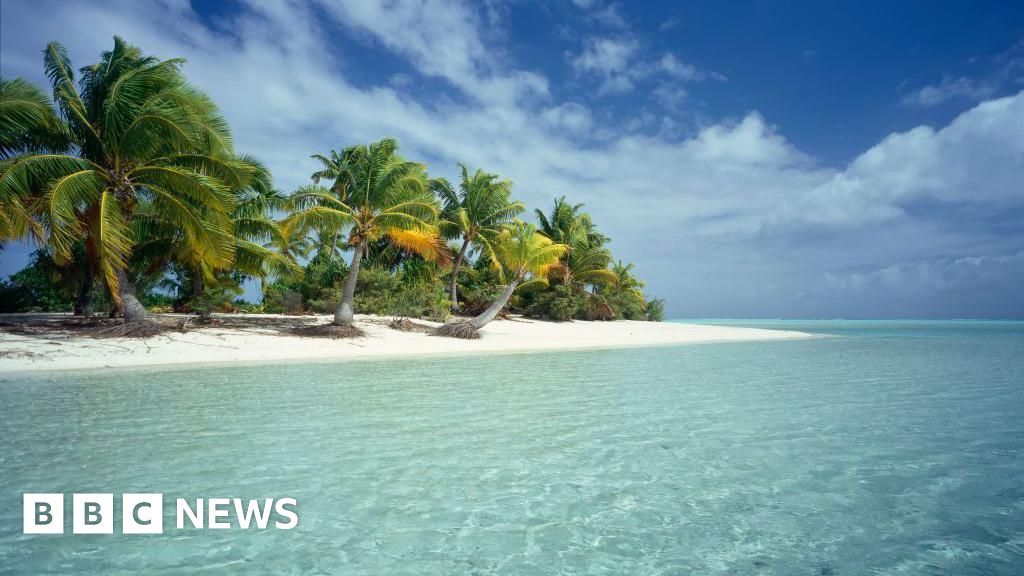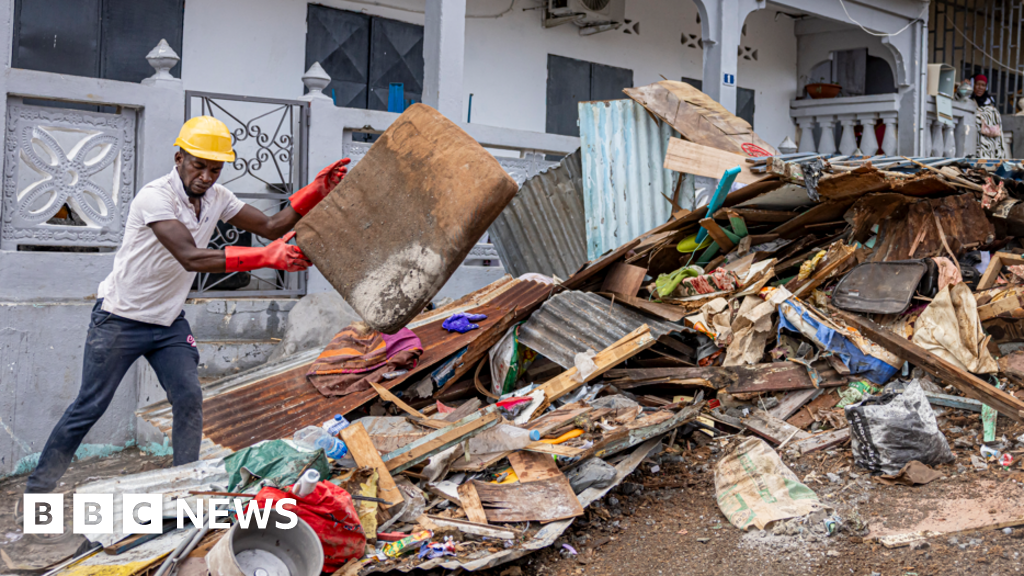
Restaurants in Greece 'forced to remove one item' from menus after major food crisis. (Image: Getty)
Restaurants in Greece are being forced to remove mussels from their menus after a severe crisis hit the country’s mussel farms.
Rising sea temperatures have led to a big decline in mussel production, leaving traditional Greek dishes without one of their key ingredients.
In October, mussel farmer Anastasios Zakalkas discovered the impact on his farm in the Aegean Sea.
When he pulled up his ropes, he found mostly empty shells. “The destruction we suffered [for next year] was also 100%,” Zakalkas told Reuters. He added: “We don’t know how we’ll make a living in the new year. Our main and only job is mussels.”
The heatwaves in July pushed sea temperatures in northern Greece’s main mussel-producing area, the Thermaic Gulf, above 30C.
READ MORE: 'Most underrated' Greek Island is 26 times less busy than Santorini

Restaurants in Greece are being forced to remove mussels from their menus. (Image: Getty)
This spike proved fatal for the mussels, with farmers reporting a 90% drop in their 2024 harvest.
It’s the second time in three years that Greece has faced this crisis, which was initially expected to occur only once in a decade, according to marine biologist Kostas Koukaras.
Koukaras, who studies marine ecosystems, said: “This shows, even to those most sceptical, that the climate crisis is here.”
And, as world leaders prepare for the United Nations climate summit COP29, Koukaras added that governments should support producers in managing climate-related costs, stressing that Greece’s mussel farming industry is “close to collapse.”

It’s the second time in three years that Greece has faced the mussels crisis. (Image: Getty)
The Hellenic Aquaculture Producers Organisation reports that Greece usually produces more than 20,000 tonnes of mussels each year, much of it exported.
Greece’s seafood industry was valued at over £500 million in 2021, placing it third in Europe after France and Spain.
But now, for the mussel-farming families in Zakalkas’ town of Kymina, the future looks uncertain.
Many seek state compensation to cover their losses, while others consider leaving the industry.
Invalid email
We use your sign-up to provide content in ways you've consented to and to improve our understanding of you. This may include adverts from us and 3rd parties based on our understanding. You can unsubscribe at any time. Read our Privacy Policy
“We’re afraid,” said fellow mussel farmer Sotiris Tsaros. “If this happens again next year, we’ll all leave and everything I’ve done as a farmer for the last 30 years will be gone.”
This shortage has also impacted Greece’s restaurants, particularly in the northern region where mussels are popular.
Tourists and locals often enjoy mussels in tomato sauce with feta - a classic Greek dish found across the country.
But with mussel supplies drying up, restaurants are being forced to take the item off their menus.
Other countries, including Spain, have also seen mussel deaths, but Greece has been hit hardest, as nearly all of its mussel farms are concentrated in one area.
Scientists warn that these issues are likely to continue if global warming trends persist.

 1 month ago
6
1 month ago
6










 English (US) ·
English (US) ·